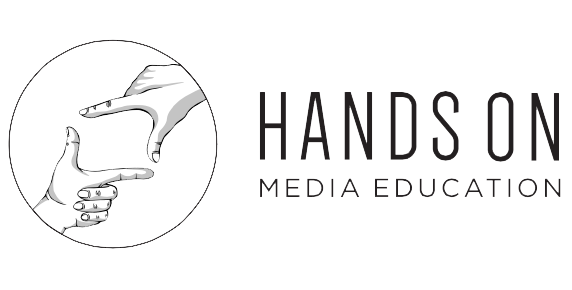Transformative education
When you work in Northern Indigenous communities, it is impossible to ignore the fact that colonization took place, and that ongoing, multi-generational trauma is real. We've touched on some of these issues in our recent blog posts on the We Matter campaign, the Matawa Education Conference, and the Northwest Territories Educators' Conference, and have been reflecting a lot on the role that we, as educators, can play in the Truth and Reconciliation process that is happening across Canada.
The importance of education, as well as the need to transform the Canadian education system itself, were key findings of the work of the Truth and Reconciliation Commission of Canada (TRC).
The TRC was established in 2008 as a result of the Indian Residential Schools Settlement Agreement. Its primary aims were to document and promote awareness of the history and impacts of the Indian residential school system; to provide a safe setting for former students, their families and communities to come forward and share their experiences; and to produce a report and recommendations concerning the Indian residential school system and its ongoing legacy.
The findings of the TRC were released in 2015, along with 94 “calls to action” regarding reconciliation between Canadians and Indigenous peoples.
Amongst these calls to action, two deal specifically with education:
Recommendation 62 calls on governments, in collaboration with Survivors, Aboriginal peoples, and educators, to make age-appropriate curriculum on residential schools, Treaties, and Aboriginal peoples’ historical and contemporary contributions to Canada a mandatory education requirement for K-12 students.
Recommendation 63 calls on the Ministers of Education to maintain an annual commitment to Aboriginal education issues, including developing and implementing curriculum and learning resources on Aboriginal peoples in Canadian history, and the history and legacy of residential schools; sharing information and best practices on teaching curriculum related to residential schools and Aboriginal history; building student capacity for intercultural understanding, empathy, and mutual respect; and Identifying teacher-training needs relating to the above.
Aboriginal and non-Aboriginal representatives from 4Rs Youth Movement present the 4Rs drum made by Nisga’a artist Mike Dangeli, as an expression of reconciliation at the Truth and Reconciliation Commission Alberta National Event, March 2014. (Image from the TRC Final Report)
With respect to education, the TRC report also notes the particular challenges of our digital age:
"In a digital world, where students have ready access to a barrage of information concerning Treaties, Aboriginal rights, or historical wrongs such as residential schools, they must know how to assess the credibility of these sources for themselves. As active citizens, they must be able to engage in debates on these issues, armed with real knowledge and deepened understanding about the past."
In other words, students must be given the tools to understand the historical aspects of the residential school system and the experiences of Indigenous peoples, as well as the digital and media literacy tools necessary to navigate online resources and debates, to access information, and to think critically about issues such as the representation of Indigenous peoples in the media.
Truth and Reconciliation Commission Northern National Event, Inuvik, Northwest Territories, June 2011. (Image from the TRC Final Report)
The TRC report also emphasizes that to achieve reconciliation, learning about residential schools “must be part of a broader history education that integrates First Nations, Inuit, and Métis voices, perspectives, and experiences”, building bridges between Aboriginal and non-Aboriginal peoples.
Importantly, the education system itself must be transformed in order to identify and eliminate “the racism embedded in colonial systems of education and treats Aboriginal and Euro-Canadian knowledge systems with equal respect.”
The report acknowledges that such transformation may be difficult. Teaching and learning about residential schools can bring up feelings of anger, grief, shame, guilt, and denial. But this kind of education is crucial; it can “shift understanding and alter world views.”
If you have not yet read the findings and recommendations of the TRC, they can be found on the TRC's website, along with many other important resources.



